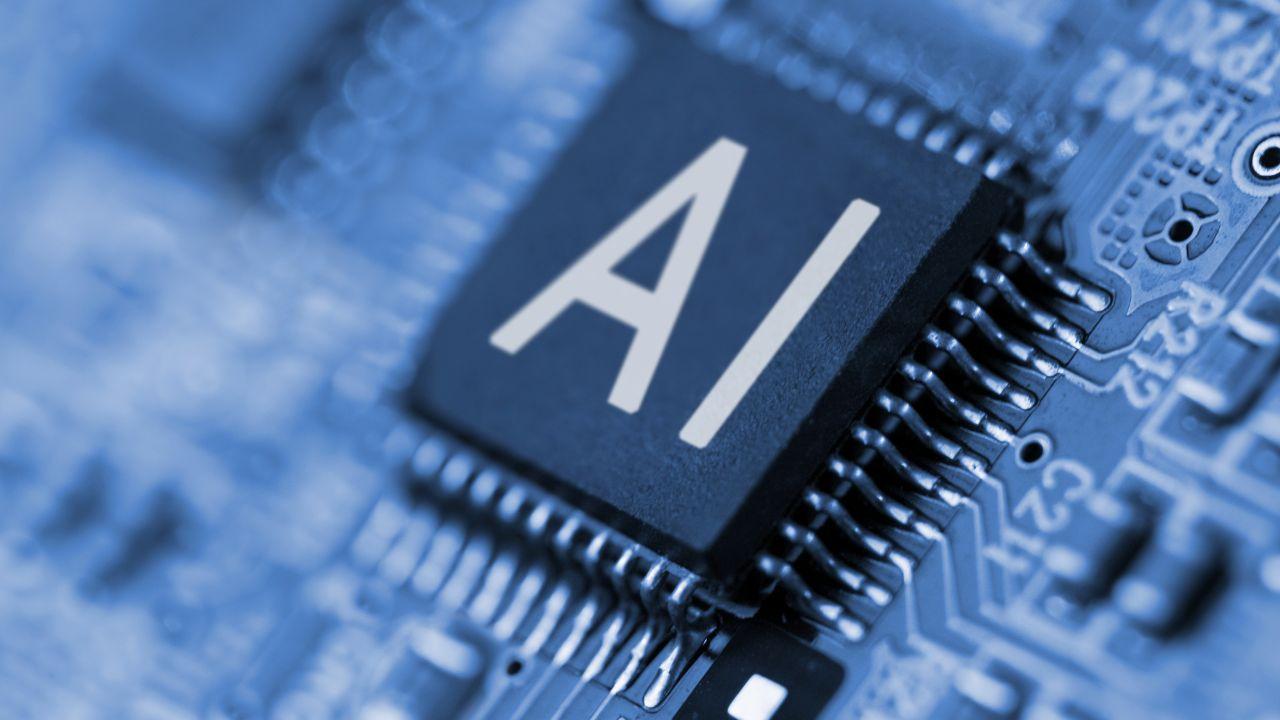You have not yet added any article to your bookmarks!

Join 10k+ people to get notified about new posts, news and tips.
Do not worry we don't spam!

Post by : Laxmi Verma
In a world that’s more connected than ever, cybersecurity has become a frontline concern for businesses, governments, and individuals alike. With cyberattacks growing in frequency and sophistication, traditional security systems often fall short. That’s where artificial intelligence (AI) steps in. Understanding how AI enhances cybersecurity measures is essential in grasping the future of digital protection.
AI isn't just a buzzword—it's a transformative technology helping cybersecurity experts stay ahead of hackers, malware, and data breaches. By combining speed, automation, and data analysis, AI brings a new level of intelligence to defense strategies.
Cybersecurity threats are no longer just about viruses or spam emails. Today’s attackers use advanced methods like phishing, ransomware, social engineering, and zero-day vulnerabilities. They evolve rapidly, often faster than human analysts can respond. The need for proactive, intelligent security has never been more critical.
This is where AI enhances cybersecurity measures by providing real-time threat detection and a proactive response model that traditional tools cannot match.
One of the most powerful ways AI enhances cybersecurity measures is through real-time monitoring and threat detection. AI systems can analyze vast volumes of data from various sources—network logs, traffic patterns, user behavior—and detect anomalies that could signal an attack.
Unlike manual monitoring, which is slow and reactive, AI works continuously, learning from data patterns to spot unusual behavior, even if it's subtle. For instance, if a user suddenly logs in from an unusual location or downloads a large number of files quickly, AI can raise a red flag instantly.
This kind of proactive detection helps stop breaches before they cause major damage.
AI doesn’t just detect current threats—it can predict future ones. Through machine learning (ML), AI systems are trained on historical data of cyberattacks, allowing them to recognize the signatures and tactics of hackers.
This predictive ability means security systems can anticipate vulnerabilities and take action before they’re exploited. It's like having a digital guard dog that not only hears the footsteps but knows which direction they’re coming from and who's approaching.
These predictive insights are vital for organizations that handle sensitive data such as banks, hospitals, and government agencies.
Speed is everything when dealing with a cyberattack. The longer a breach goes undetected, the more damage it can cause. AI enhances response times by automating certain actions. For example, if AI detects ransomware activity, it can isolate infected systems, shut down affected parts of the network, or alert administrators instantly.
This automation reduces human error and fatigue—two major vulnerabilities in traditional security setups. By using AI, companies can reduce their response time from hours to minutes, limiting the reach and cost of a cyberattack.
Fraud, especially in the financial sector, is another area where AI enhances cybersecurity measures. Credit card companies and banks use AI algorithms to detect suspicious transactions by analyzing behavior in real time. If your card is used in a foreign country seconds after a local transaction, AI can immediately flag the activity and block the card.
This kind of fraud detection system evolves with each transaction, becoming more intelligent and accurate over time.
While AI provides immense benefits, it’s not without challenges. One major concern is false positives—where AI systems might flag legitimate activity as a threat. This can disrupt operations and cause unnecessary panic.
Additionally, hackers are also using AI to create more sophisticated attacks. As defenders use AI, so do attackers, leading to a digital arms race.
There are also ethical questions around data privacy. AI systems often require access to large datasets, some of which may contain personal information. Ensuring that AI is used responsibly, transparently, and in compliance with data protection laws is crucial.
As cyber threats evolve, so will AI. Future AI models will become more adaptive, explainable, and integrated into every layer of cybersecurity infrastructure. AI will work alongside human analysts—not replace them—offering intelligent suggestions and prioritizing high-risk threats for immediate action.
Moreover, as more devices become connected through the Internet of Things (IoT), AI will play a central role in securing this growing digital ecosystem.
This article is intended for informational purposes only and does not constitute professional cybersecurity advice. While artificial intelligence can significantly enhance cybersecurity measures, it is essential to consult with certified IT and security professionals before implementing any new technologies or protocols in your organization.










Trump Claims He Ended India-Pakistan War, Faces Strong Denial
Donald Trump says he brokered the ceasefire between India and Pakistan and resolved eight wars, but

Two Telangana Women Die in California Road Accident, Families Seek Help
Two Telangana women pursuing Master's in the US died in a tragic California crash. Families urge gov

Ranveer Singh’s Dhurandhar Roars Past ₹1100 Cr Worldwide
Ranveer Singh’s Dhurandhar stays unstoppable in week four, crossing ₹1100 crore globally and overtak

Asian Stocks Surge as Dollar Dips, Silver Hits $80 Amid Rate Cut Hopes
Asian markets rally to six-week highs while silver breaks $80, driven by Federal Reserve rate cut ex

Balendra Shah Joins Rastriya Swatantra Party Ahead of Nepal Polls
Kathmandu Mayor Balendra Shah allies with Rastriya Swatantra Party, led by Rabi Lamichhane, to chall

Australia launches review of law enforcement after Bondi shooting
Australia begins an independent review of law enforcement actions and laws after the Bondi mass shoo